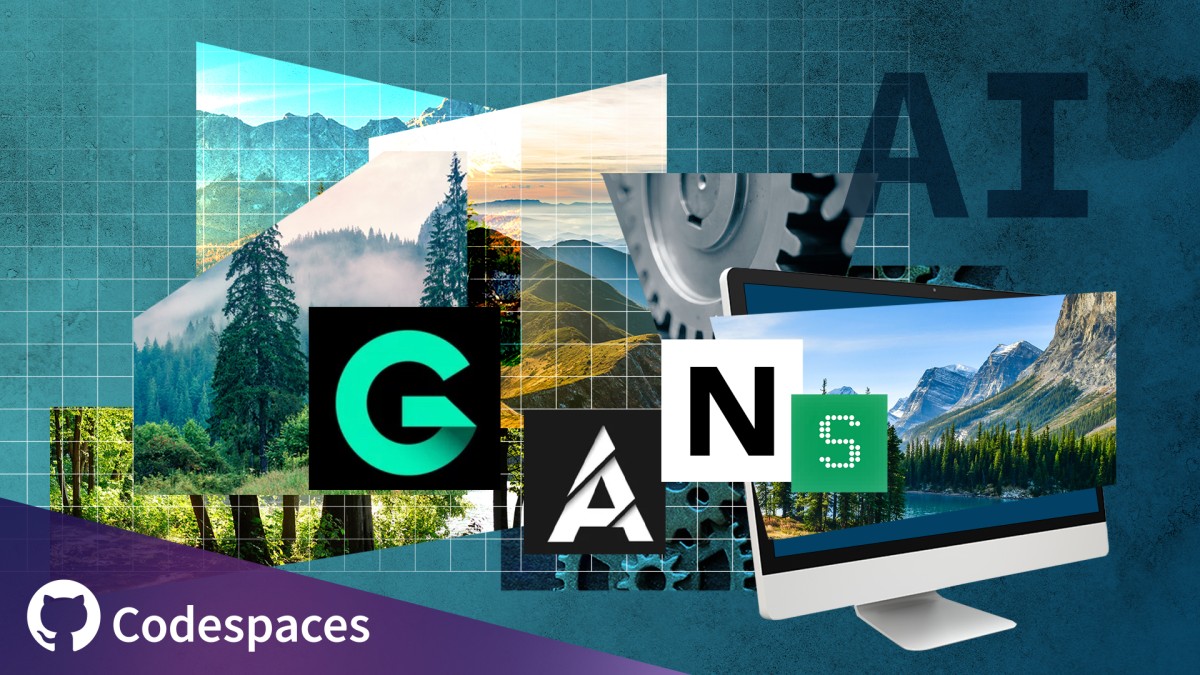This is the repository for the LinkedIn Learning course Introduction to Generative Adversarial Networks (GANs). The full course is available from LinkedIn Learning.
Recently, you’ve probably seen the impacts of large-scale generative art, generative text, and generative movies. Do you want to understand the basics of how this type of AI works? In this course, Martin Kemka, founder of the machine learning production house Northraine, introduces you to a very important component in the world of generative AI: Generative Adversarial Networks (GANs). Learn about the history of GANs, including where they came from and how they changed over the last decade. Find out how to train a model as you examine the model architecture and how the structure of multiple models works together. Get hands-on experience training a simple model in Jupyter Notebook. Plus, get insights on the current state of GAI and thoughts on where it’s going next.
This repository has branches for each of the videos in the course. You can use the branch pop up menu in github to switch to a specific branch and take a look at the course at that stage, or you can add /tree/BRANCH_NAME to the URL to go to the branch you want to access.
The branches are structured to correspond to the videos in the course. The naming convention is CHAPTER#_MOVIE#. As an example, the branch named 02_03 corresponds to the second chapter and the third video in that chapter.
Some branches will have a beginning and an end state. These are marked with the letters b for "beginning" and e for "end". The b branch contains the code as it is at the beginning of the movie. The e branch contains the code as it is at the end of the movie. The main branch holds the final state of the code when in the course.
When switching from one exercise files branch to the next after making changes to the files, you may get a message like this:
error: Your local changes to the following files would be overwritten by checkout: [files]
Please commit your changes or stash them before you switch branches.
Aborting
To resolve this issue:
Add changes to git using this command: git add .
Commit changes using this command: git commit -m "some message"
Martin Kemka
Machine learning developer and data scientist
Check out my other courses on LinkedIn Learning.
